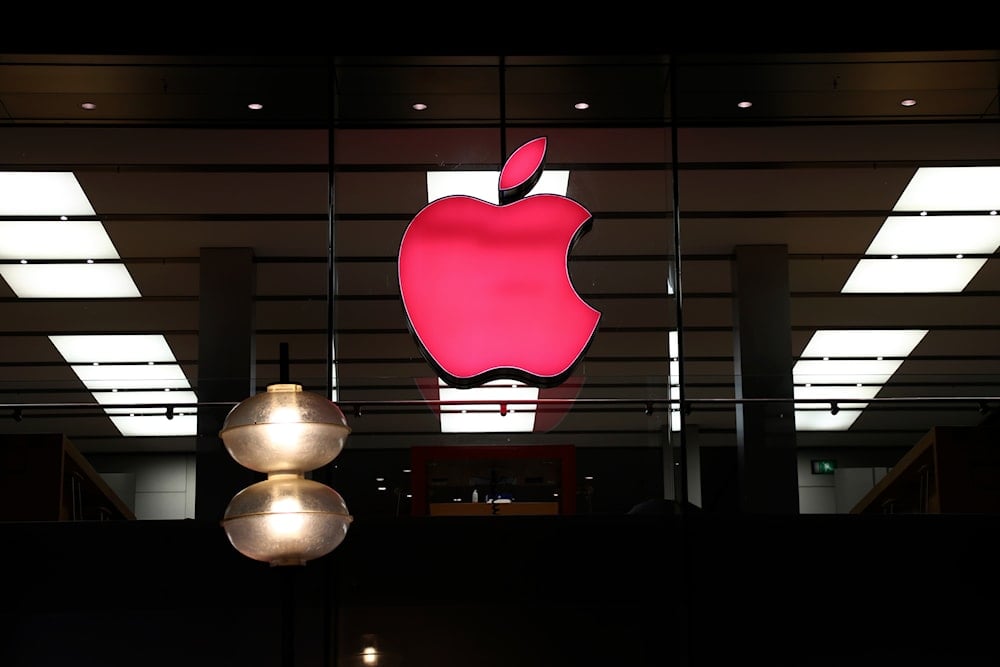US Judge orders Apple to drop 27% commission on off-app purchases
A US federal judge orders Apple to eliminate its 27% commission on off-app purchases, escalating the ongoing legal battle between Epic Games and Apple over App Store policies.
-

The logo of Apple is illuminated at a store in the city center of Munich, Germany, on December 6, 2020. (AP)
Apple must cease charging a 27% commission on transactions completed when apps direct users to make purchases outside the Apple App Store, a federal judge ruled on Wednesday.
The decision marks a significant development in the ongoing App Store legal battle that has drawn widespread attention across the tech industry.
In a sharply worded order, Judge Yvonne Gonzalez Rogers described Apple’s response to a prior court ruling as "an obvious cover-up," also referring the matter to federal prosecutors for possible criminal contempt of court proceedings, signaling that the company’s conduct could have serious legal ramifications.
The ruling stems from the protracted legal clash between Epic Games and Apple, which is centered on Apple’s tight control over App Store policies and revenue.
That comes while the court had initially ruled largely in Apple’s favor, directing the tech giant to permit app developers to link users to external payment options, so-called off-app purchases, bypassing Apple’s standard 30% commission.
After losing its appeal, Apple modified its approach by allowing such external transactions but imposing a new 27% Apple fee instead. The judge’s latest ruling strikes down that workaround, calling it inconsistent with the court’s intent to open the market for more developer freedom.
Implications for App Store economy
Apple's App Store generates billions annually from in-app purchase commissions. This latest order could impact a critical revenue stream and may encourage developers to steer users toward lower-cost payment methods outside Apple’s ecosystem.
While such off-app transactions may be less convenient for users, they could reduce costs for both developers and consumers.
Read next: Apple to invest $500bln in the US over next 4 years
However, Apple has defended its fee structure. The company argues that App Store revenues support operational costs and ensure a secure, vetted platform for its customers. In a statement, Apple responded, "We strongly disagree with the decision. We will comply with the court's order, and we will appeal."
As the legal proceedings continue, the outcome could reshape the dynamics of mobile app distribution and redefine the rules governing platforms like Apple’s.

 2 Min Read
2 Min Read








